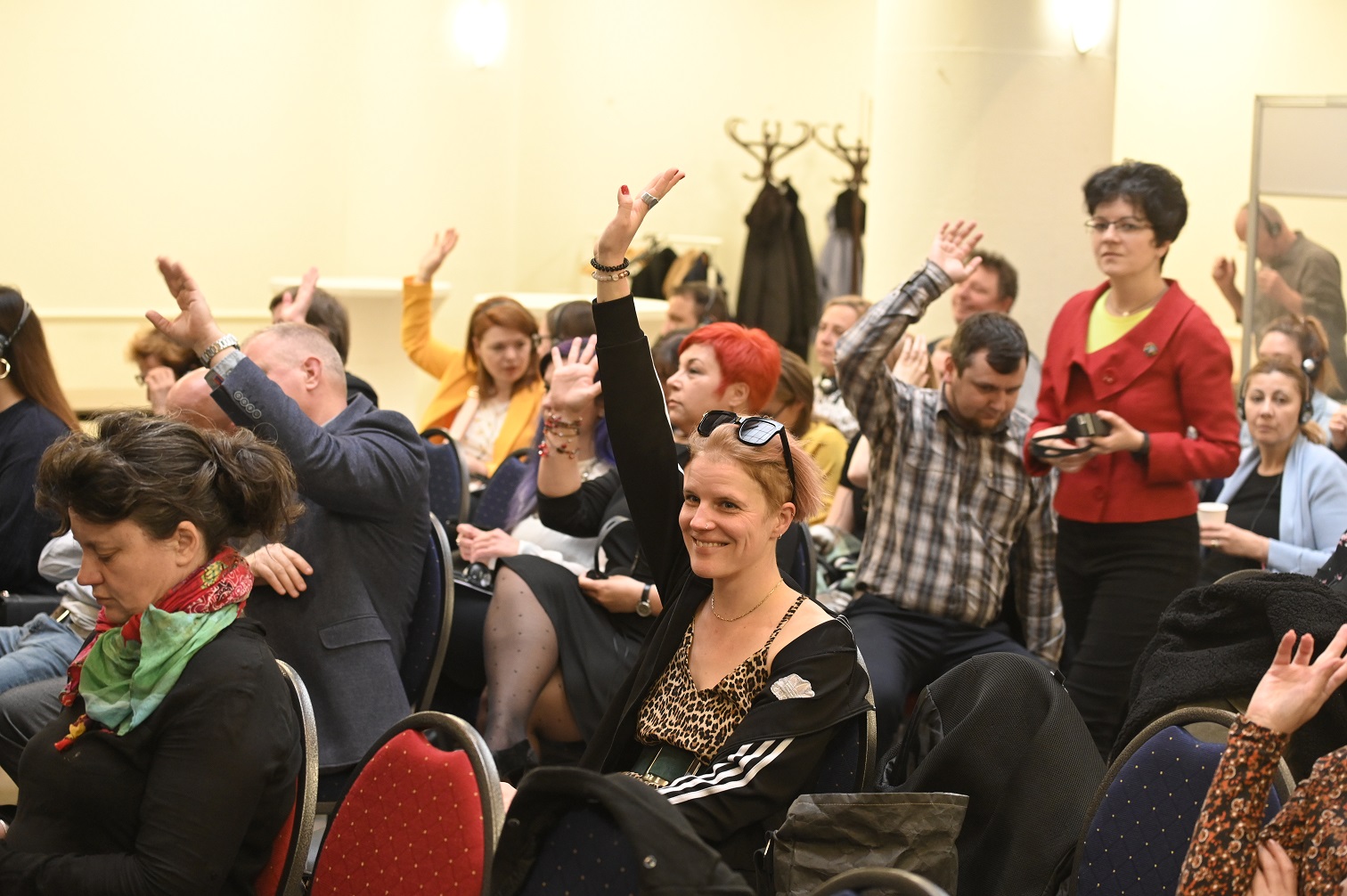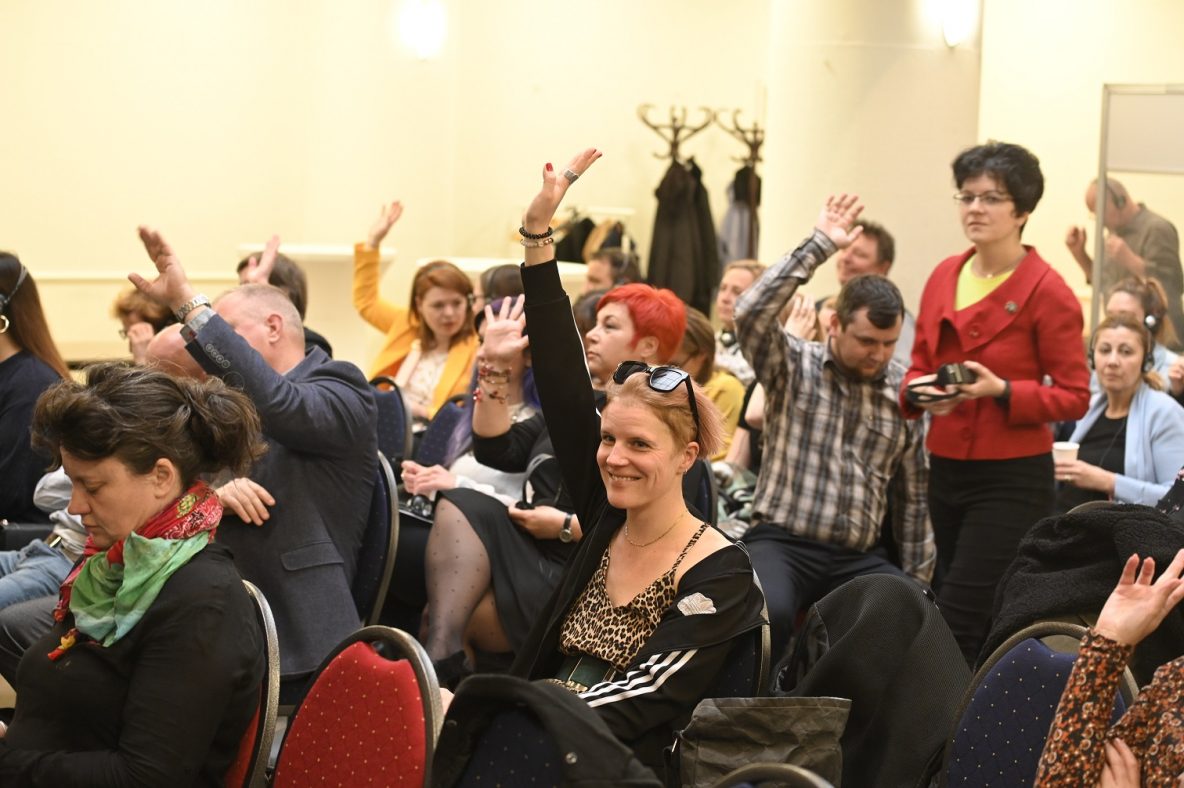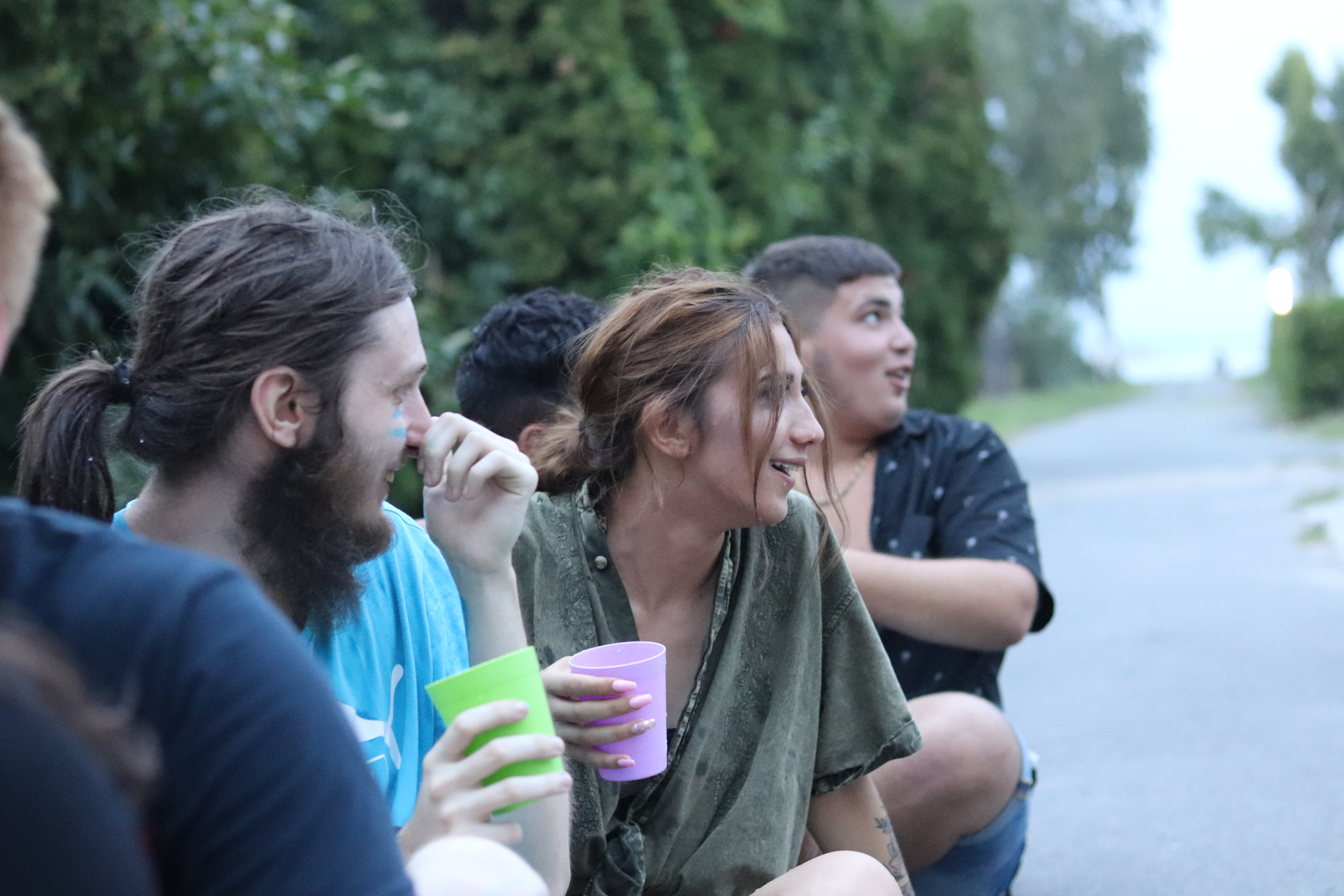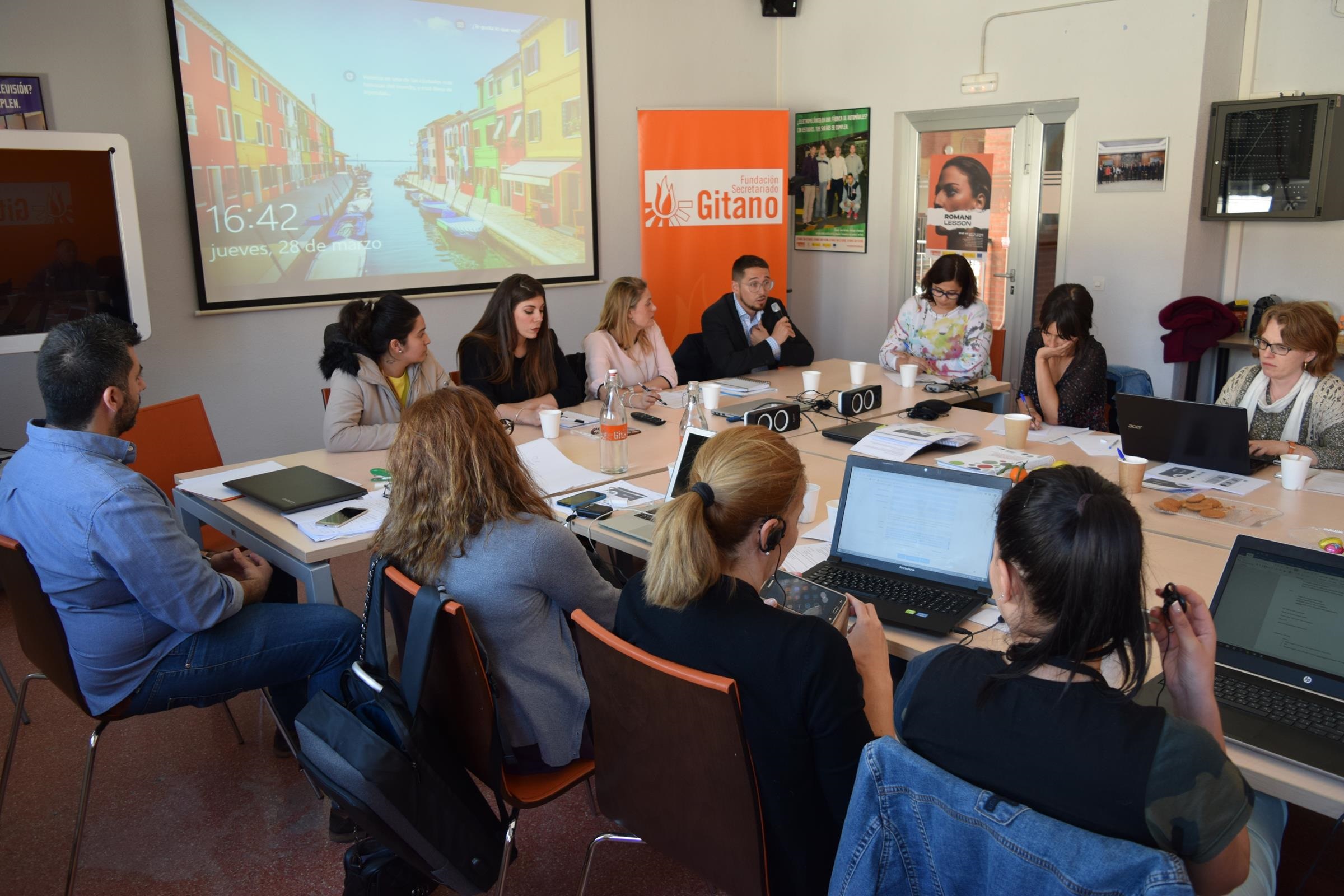There are many things that are missing from school that are essential to help young people from disadvantaged backgrounds to succeed in life: skill development that builds collaboration and creativity, personal attention and mentoring, a broad exposure to careers and job opportunities, and the networking capital needed to succeed. Despite the shortcomings of the school system, those who do not continue their studies until they have at least one profession are even less likely to succeed in the labor market. This is based on the lessons of international research and the practical experience of the recently concluded “Find your way to work” project, which involved thousands of young people in Hungary, Romania, Bulgaria and Spain. Five NGOs worked together with educational institutions, employers and young people at risk of leaving education without qualifications.

Events summarizing the experiences of the joint international cooperation took place on 23 and 24 March in Budapest, where, in addition to presenting the theoretical and practical aspects of the professional methods, the young people mentored were active participants and shapers of the events. They presented films made about them and by them, held development games for professionals, and the young people who are starting their musical careers gave concerts in different styles at the A38. Tibor Bors Borbély-Pecze, a labor market expert, and András Nun, the head of the Autonomia Foundation, which was the leader of the consortium implementing the project, shared similar views: as long as only isolated initiatives provide truly personalized and complex development for disadvantaged young people, no systemic breakthrough can be expected.
The Spanish Abel Ramirez and Silvia Jimenez, both Roma young people in the program, also felt that they would never have been able to continue their studies in pharmacy and social work without the help of the Spanish organization’s mentors and the wide range of services provided by the program. All because the international initiative provided all the young people involved with the opportunity to learn and develop their skills, take language courses, attend vocational training, find out about possible job opportunities, and receive help in preparing for further studies or finding a job.
At the event representatives from different institutions and organizations: social workers, trainers, lawyers, youth workers and labor market experts participated and discussed different methods and perspectives. The different practices, successes and failures in different countries served as examples that professionals can use in their own work in the future. Szabolcs Sárközi, one of the Hungarian mentees, said that the programme had helped him in his musical studies and in obtaining grants, but that the greatest support he had received was the personal relationship he had with his mentor Alexandra Kékesi. She believed in him and always convinced him that it was worth setting the bar higher. Such successes have required the involvement of hundreds of staff and volunteers, resulting in thousands of young people being given opportunities. The combination of a supportive environment and services showed them that they could succeed in life, that they were valuable people who could achieve their dreams.
It is important to have faith in young people from disadvantaged backgrounds and to show them possible pathways, because without it, they cannot have faith in their own future. This is in the interest of European society as a whole, because if the next generation does not have competitive skills and successful careers, the welfare economy and the social welfare system that many of us take for granted today will be at risk. If we don’t act for the future of these young people, we undermine our own future.





